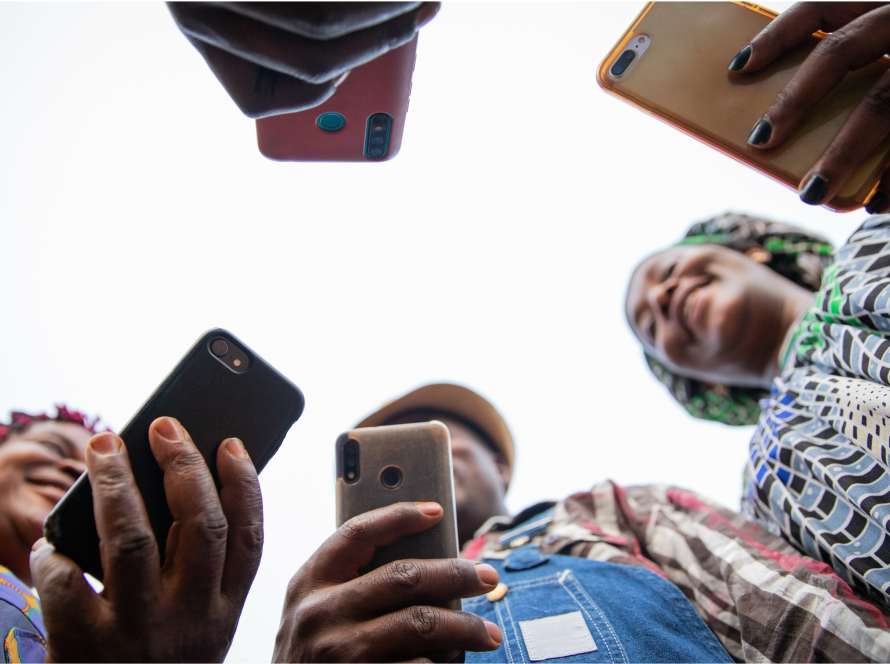The Ghana Independent Broadcasters Association (GIBA), an association of about 250 private broadcasting service providers, has sued the government of Ghana and the National Communications Authority (NCA), the statutory electronic communications licensing body over introduction of Conditional Access System (CAS), which will make it impossible for consumers to access Free-to-Air television content in Ghana.
In a writ filed at the Supreme Court of Ghana, GIBA is seeking a number of reliefs including a declaration that the Conditional Access System (CAS) introduced as a mandatory requirement by the NCA by which media content of Free-to-Air broadcasters are blocked unless certain criteria have been met before the viewing public can access content, constitutes an unnecessary restraint on the establishment and operation of private media as enshrined in Article 162(3) of the Ghanaian Constitution.
The Braodcasters’ group wants the Supreme Court to further declare that the blockage of media content of Free-To-Air broadcasters through the use of the CAS introduced by the NCA, is unconstitutional as same constitutes an unreasonable and unnecessary abridgement of the freedom of the media guarantees contained in Article 21(a) and 162 (1) of the 1992 Constitution.
The Association is further seeking a declaration by the Supreme Court to the effect that the blockage of media content of Free-to-Air broadcasters through the use of CAS introduced by the NCA, contravenes the spirit and letter of Article 21(f) of the 1992 Constitution since same constitutes an unnecessary abridgement of the right to information guaranteed under the Constitution.
GIBA is thus, asking an order by the Supreme Court directed at the NCA to remove from the minimum requirement for receiving digital terrestrial and satellite television services, any system that encrypts or blocks the content of Free-to-Air television channels in Ghana.
For some time now, GIBA and the Ministry of Communications have engaged on Ghana’s digital migration process, which requires broadcast service providers to switch from analogue to digital broadcast, in line with the Geneva 2006 Agreement of the International Telecommunications Union (ITU).
According to GIBA, the Ghana Standards Authority (GSA) eventually set the relevant standards taking into account the outcomes of various stakeholder engagements. The group of broadcasters aver that the NCA, without recourse to the GSA, subsequently introduced and published new a “Conditional Access” arrangement by which the programmes or content of Free-to-Air television stations shall be subject to the payment of Digital Access Fees.
Under the new arrangement, the NCA assumes the right to block or encrypt broadcast signals of users who fail to pay their subscriptions
GIBA argued that as owners of broadcast contents, they reserve the right to decide whether or not to convert their service programmes into a Pay TV service and asks the Supreme Court to prevent the NCA and the oversight Ministry from interfering with this right.






